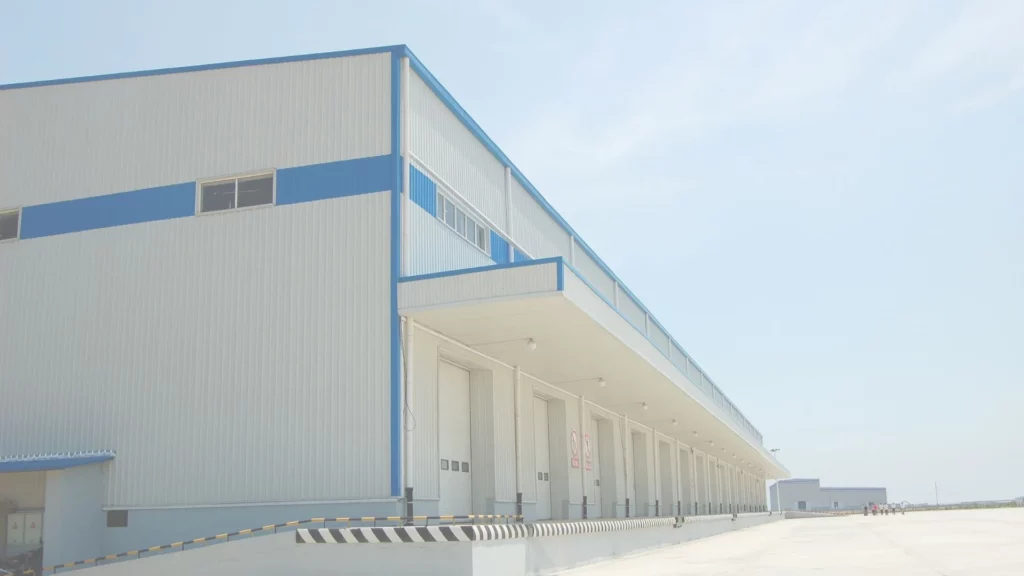In the UK, the requirements for fire alarms in insurance vary depending on the type of property and its use. The main document that provides guidance on fire alarm requirements is the Regulatory Reform (Fire Safety) Order 2005, which applies to non-domestic premises.
Traditionally, as part of the Regulatory Reform (Fire Safety) Order 2005, the responsible person for every commercial building in the UK has been required by law to ensure that a fire risk assessment is carried out by a competent person on a 12 monthly basis. It is this risk assessment that has been the determining factor in what fire alarm category is required.
Over the last 12 months however, we have seen an increase in the amount of insurers that are now wanting to increase the system category for fire alarms in a commercial premises as a means of reducing the risk to loss of the building and its contents through fire.

Insurance companies in the UK may have specific requirements for fire alarm systems based on a category P system and are increasingly requiring a P1 category system with total coverage of the building by Automatic Fire Detection (AFD) This is based on the type of property they are insuring, and the level of risk involved. The specific requirements can vary between insurers, so it’s crucial to check with your insurer and ensure your fire alarm system complies with their standards.
Please note that fire safety regulations and insurance requirements can change over time, so it’s essential to stay updated with the latest regulations and consult with your insurance provider for the most current information regarding fire alarm requirements for your property and its insurance coverage to make sure you are covered in the event of a fire by your insurance policy.
Not sure if your warehouse meets your insurance requirements? Book a site visit from our BAFE accredited team today for a FREE audit.